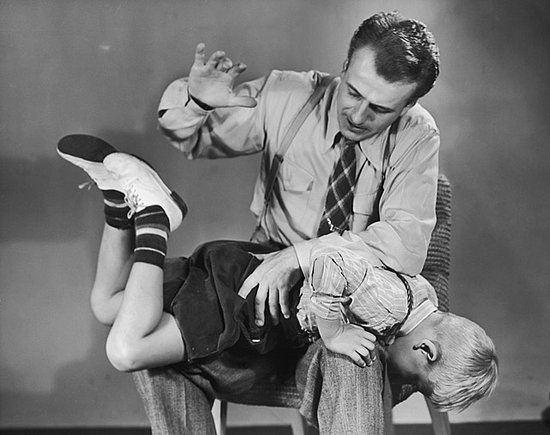Then a few commenters on that post (on my Facebook page) pointed out that there is a much bigger issue here than deciding on a new word for the things given to children with all kinds of strings attached. I'll explain with a fictional but very believable story:
Mark was 15 when his parents gave him a shiny new laptop for Christmas. They were so excited to give it to him because they knew how much he loved to play games on the computer. It was a joyful moment as he tore open the wrapping and his eyes lit up. He was surprised and delighted and gratitude poured out from his mouth. It was his own. Or so he thought.
Fast forward only one month. His grades arrive in the mail. He's not doing so well in math. He hates math. He tries really hard, but doesn't understand the material, or his teacher. He has given up on ever doing well. So he's fine with getting a C, but his parents are not fine with it. They come into his room holding the report card, angry and disappointed apparently because he has not invented the kind of magic it would take for him to suddenly start excelling in math. "We're taking away your laptop until you start getting a B or better," they say. They are hoping it will motivate him to try harder. They don't understand that it's not about trying harder. He's doing his best. "But you said it was mine. You gave it to me. Please don't take it away," Mark begs. "We gave it to you, and we can take it away," his parents bluntly explain.What did Mark learn from this experience? He learned that he did not have the right to own things. His parents owned everything. He learned that money is power, until he tried to use that power by buying his own computer. Then he learned that age is power. He learned that he has no power until he gets older. He learned to look forward to the day when he could get away from his parents. When people couldn't just take away the things that were his.
This logic gives Mark an idea. He has worked hard for a couple of years to save up some money, and he decides it it important enough to him to have his own laptop, that he will buy one for himself with his own money. This way, his parents can't take it away, right? Wrong. When his new laptop arrives in the mail, his laptop, his parents are furious. They chide him for wasting his money on a new computer when they have just bought him one for Christmas. "But I'm not allowed to use that one!" he reminds them. "And you're not allowed to use this one either. You are sending it back," they say. He knows he has no choice but to follow their orders.
When I wrote my last post, I was upset by the thought of parents giving their children "gifts" with strings attached. I was upset that these parents didn't seem to understand the concept of a gift. But the more I think about it, I understand that it's not about gifts. It's about power and control. It's about rights. Many adults seem to be fine with the idea that children do not have the right to own things. I imagine it's requires a similar justification that was used in the not-so-distant past to justify why women could not own property.
In our house, our children own their own things. They are free to use them as they please, as long as they are not hurting anyone or damaging someone else's things, of course. Our children can cut their Barbies' hair, write in their books, cut up their playing cards. They can watch their movies and use pieces from their games for purposes other than those intended. They can eat their candy and wear their clothes in whatever ways they want. They can share or not share their things. They know what it feels like to own something, and to share it willingly. They are learning about ownership, responsibility, and generosity. They are learning that our home is a safe place for them to keep their possessions, and that their father and I are trustworthy protectors of them and their possessions, and their rights.
What lessons do you want your children to learn about ownership and their rights? About you and how much to trust you?
Do your children own anything?
|
|















